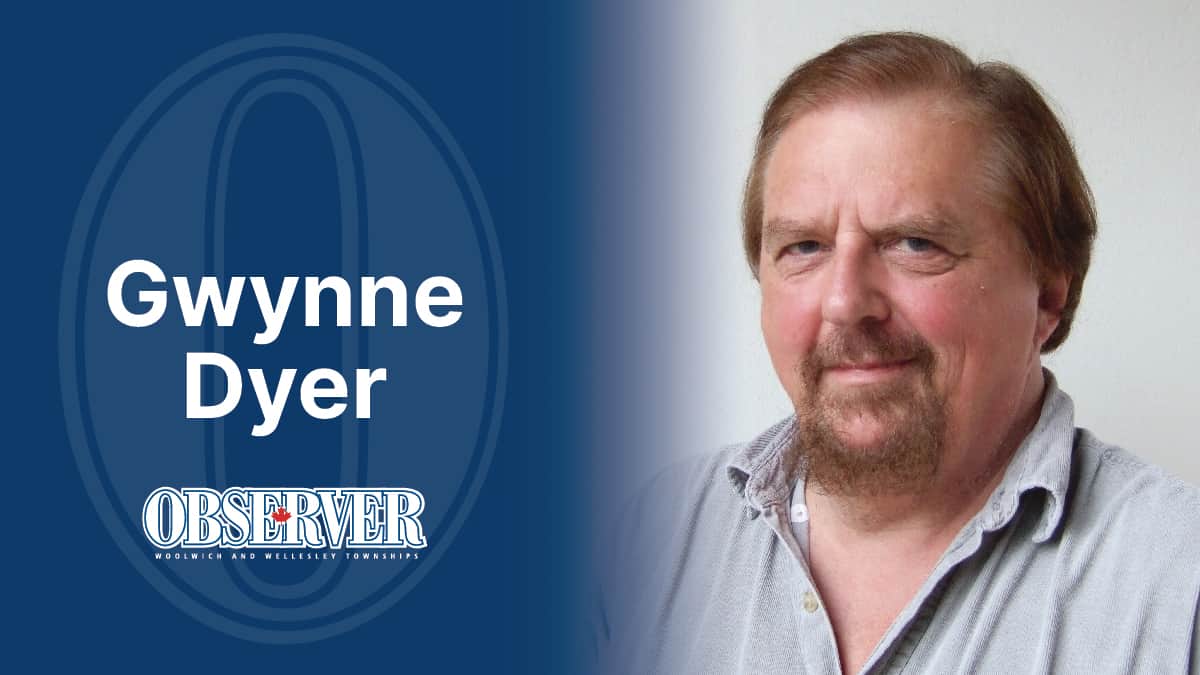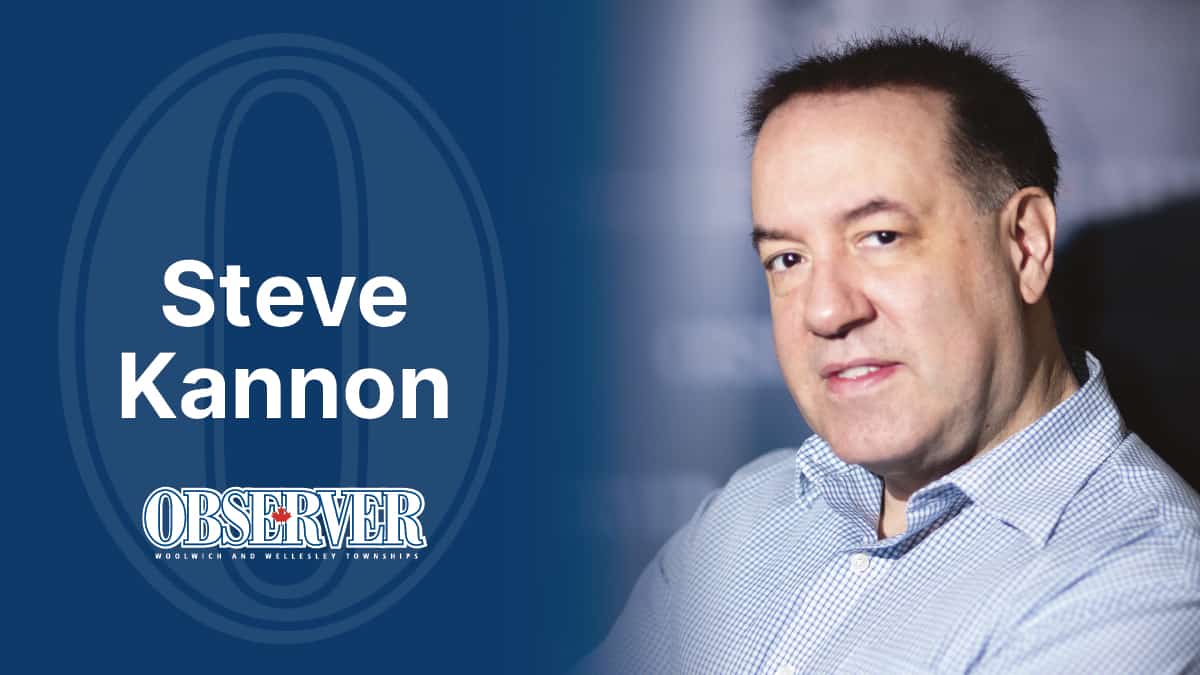;
;
;

Our society certainly has an “us” and a “them.” Ever has it been so, but perhaps never as openly divisive as we’re seeing today, in large part due to technology that makes rifts more visible. Just as nationalism and patriotism have been debased beyond what those words used to mean, tribalism has be
Last updated on May 03, 23
Posted on Jul 29, 21
4 min read
